Goddard FKSI Group
Goddard FKSI Group
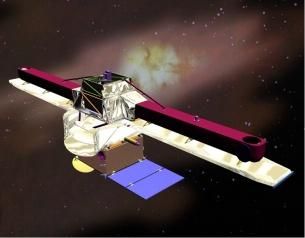
|
The proposed FKSI (the Fourier-Kelvin Space Interferometer) is a pair of infrared telescopes attached together in space that could determine the chemical makeup of alien planet atmospheres. Such a mission could see planets inside the so-called habitable zone of stars, the region where the temperature is right for liquid water to exist.
The Team
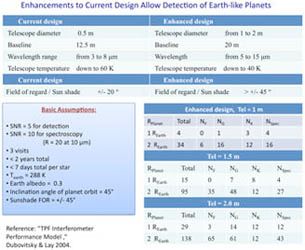 Click for larger image. |
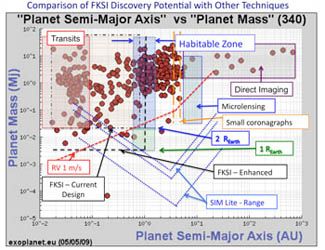 Click for larger image. |
Animations
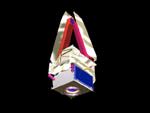 (17 MB) |
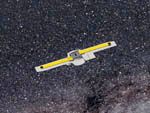 (28 MB) |
 (21 MB) |
| FKSI deployment sequence. After FKSI is launched to Earth's L2 - a gravitationally stable point on the side of the Earth away from the Sun - it will deploy its systems sequentially in preparation for its science mission. | While observing a distant star, FKSI will typically be slowly rotated about its boresight allowing the 'shape' of the object to be sampled. | If the star has a companion - a planet or dim star - rotation about the boresight will yield a particular signature that may be analyzed by scientists here on Earth. |
Links
- Planet Quest Missions - Keck Interferometer
- http://huey.jpl.nasa.gov/palomar/index.html
- The IOTA Project
- Exoplanet Community Forum Report 2009 - FKSI is a recommended strategic mid-sized mission in this report in Chapter 4 on "Infrared Imaging of Exoplanets".
- Detection of Close-in Extrasolar Giant Planets Using the Fourier-Kelvin Stellar Interferometer
- The Fourier Kelvin Stellar Interferometer (FKSI): A review, progress report, and update
- The Fourier-Kelvin Stellar Interferometer (FKSI) - A practical infrared space interferometer on the path to the discovery and characterization of Earth-like planets around nearby stars
- Nulling interferometry: performance comparison between space and ground-based sites for exozodiacal disc detection
